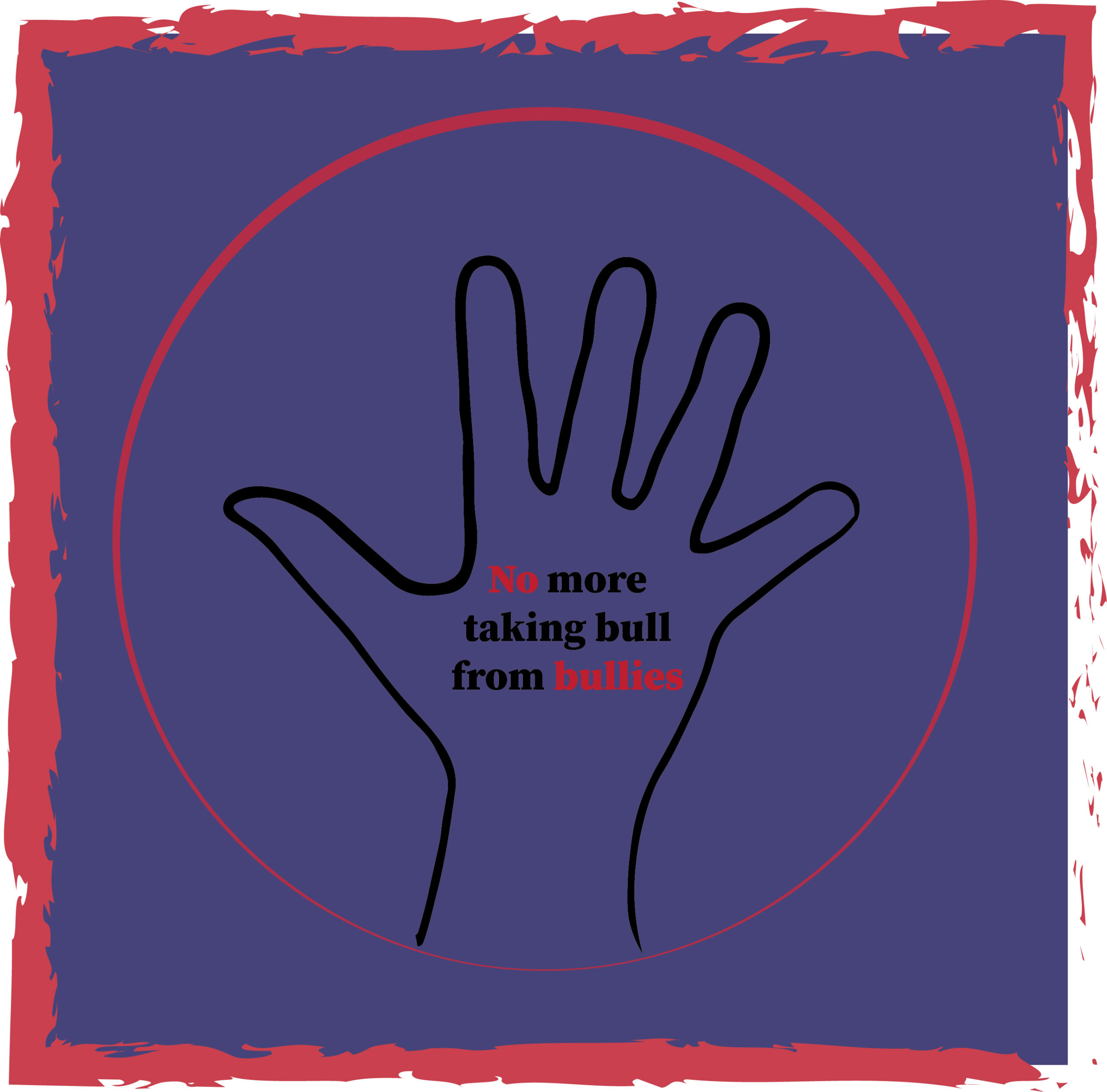October is National Bullying Prevention Month, and it brings to light an issue many people suffer from in silence.
Bullying is when an individual or a group of individuals seek to harm, intimidate, or intentionally put someone in a vulnerable state.
“Bullying is not an unfamiliar concept, especially for nearly 20 percent of students aged 12-18. According to the Mental Health First Aid curriculum, one in five American high school students reports being bullied at school each year,” stated The Mental Health First Aid website.
Bullying doesn’t just happen in school, it can happen anywhere, at work, at home, and bullying can come from anyone, not just people you don’t get along with. Even the people that call themselves friends can become a person that bullies you.
“I was bullied for my home situation, being homeless, my weight, and my appearance, and by my Latino friends since I didn’t know how to speak Spanish they didn’t wanna hang out with me. Or they would say things, look at me, then laugh because I couldn’t understand them,” said one student who preferred to stay anonymous.
“It made me feel like I wasn’t good enough…and I felt, like, so much hate towards myself and them and I often felt myself in an emotional tornado full of tears and anger and I was bullied from third grade up to eighth.
“I often felt like an outsider. I even tried changing myself so people could like me, and wanna be my friend. Then I was called annoying and ugly I just learned to not care. I am who I am, not to let people put me down like that anymore,” said the same student.
This is something a lot of people go through and yet they don’t know who they can talk to about it without feeling judged.
“I felt judged by my friends and family because I had a hard time learning how to speak English, but I chose to stand up for myself and show them that I could learn how to speak English no matter what they said about me,” said anonymous source.
“One thing that I struggled with growing up and still struggle with today is my eating habits and the way my body looked. Growing up I would tend to finish a full plate of food and would go for seconds, but the moment I would step in front of the stove to get more my dad would call me out, saying if I kept eating too much I would end up all fat and ugly. Family and friends would point out how much food I had on my plate, that I either had too much or too little, or that I looked too skinny or too fat, and every time I look in the mirror I tend to burst out in tears feeling angry and disgusted with myself,” said a student who preferred to be anonymous.
There are many signs to look out for, including changes in sleep and eating patterns; frequent tears of anger; moodswings; feeling ill in the mornings; having unexplained bruises, cuts, and/or scratches; changes to their route to school or being frightened of walking to school; being unable to speak up in class; and appearing insecure or frightened. For more signs to look out for visit NCAB.com .
Highline requires students to fill out the voice for change, which is a training course that includes education on how to prevent bullying and harassment.
“Highline College has a civility statement that outlines the expectations that others are treated with respect and dignity,” said Isabelle Wroblewski, M.A. Student Conduct Manager.
There are many ways you can help someone who is going through bullying. Support can be offered by letting them know someone is on their side, speaking up if you hear others bullying a friend or family, and if the bully involves threats or the individual does self harm, talk to an adult immediately or call 911.
Bullying can take a toll on someone’s mental health, and it is very important that people are well informed on things they can do to help others, or to speak up for themselves.

